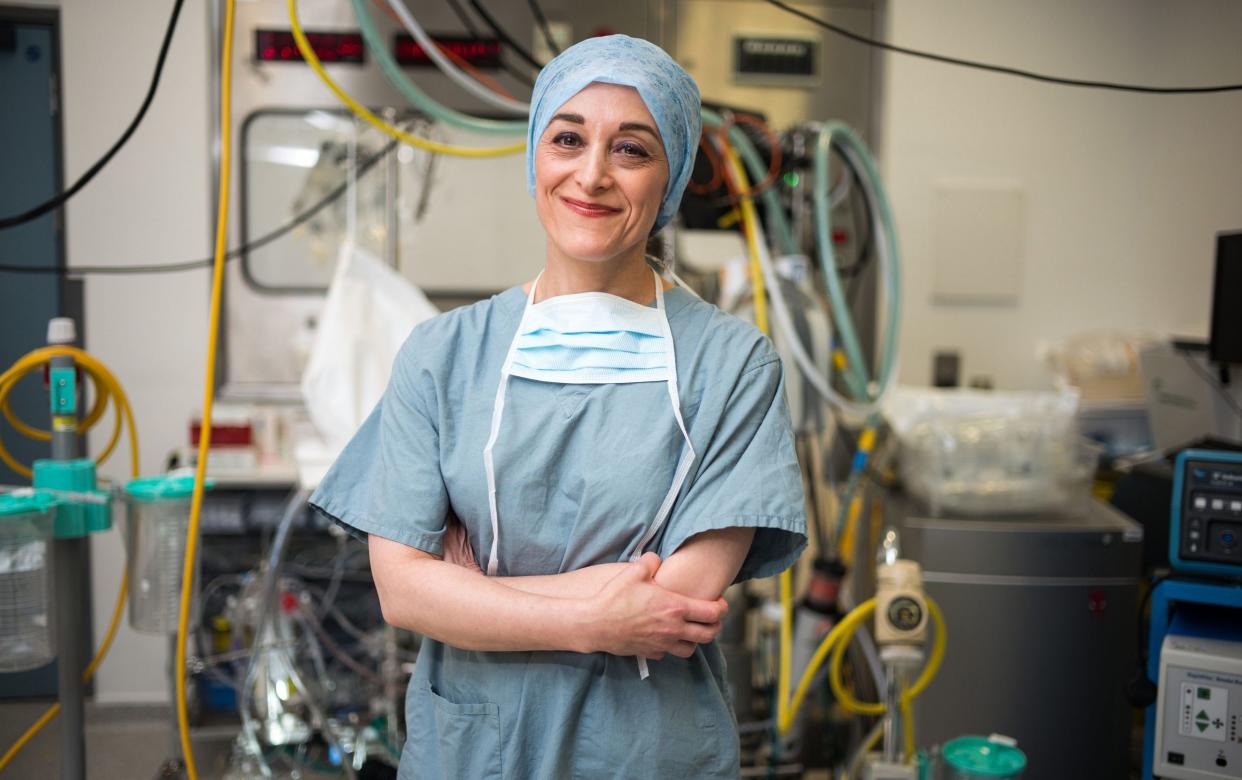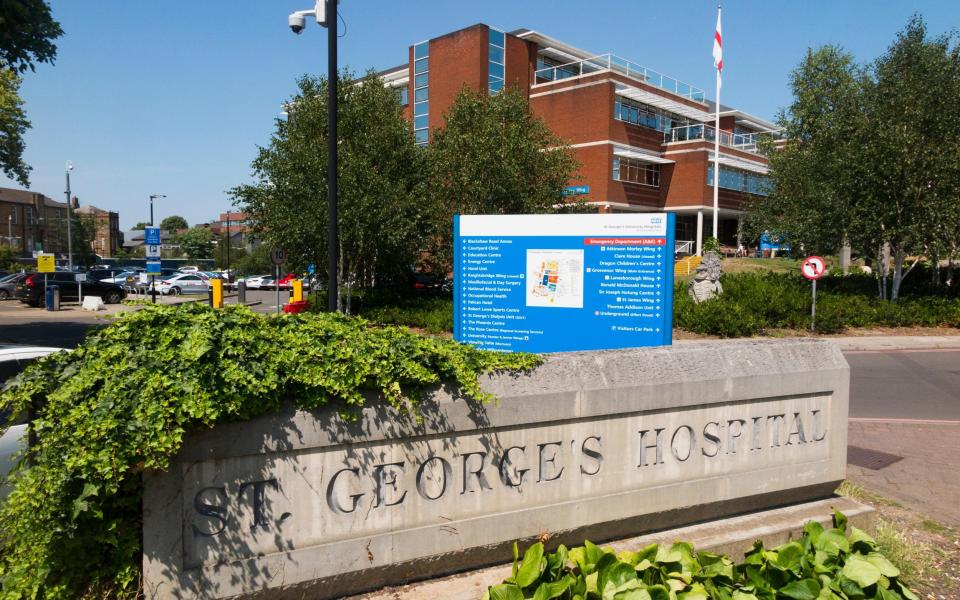Cardiac surgeon wrongly accused of patient deaths did nothing wrong, admits NHS trust

An NHS trust has admitted causing severe distress to an eminent cardiac surgeon who was wrongly blamed for the deaths of dozens of patients.
In a humiliating climbdown, one of London’s leading hospitals has issued an unprecedented statement accepting Prof Marjan Jahangiri had done nothing wrong.
It followed a series of events instigated by the hospital that had threatened to destroy her career.
Prof Jahangiri was suspended by St George’s University Hospitals NHS Foundation Trust in August 2018.
An NHS England Independent Mortality Review subsequently concluded that cardiac surgeons at the hospital had caused the deaths of 67 patients.
The review, conducted by consultant surgeon Michael Lewis, left their reputations in tatters and led the trust to pay hundreds of thousands of pounds in legal fees over claims of clinical malpractice and mistakes in care.
But, when Prof Jahangiri and her fellow surgeon Dr Justin Nowell were subsequently referred by St George’s medical director to the General Medical Council (GMC) for a misconduct investigation, it found they had no case to answer.

St George’s and Dr Jennings, its chief medical officer, have now issued a statement acknowledging “the distress caused to Prof Jahangiri in connection with these matters”.
They said in the statement: “The trust recognises how stressful and difficult these events have been for Prof Jahangiri.”
Following the gruelling 18-month process, the GMC informed Prof Jahangiri and Dr Nowell in May 2022 that they had “no case to answer” and there was “no need for a formal investigation”.
By then, a High Court judge had ruled in August 2019 that no blame should be attached to the pair. Dr Nowell and Prof Jahangiri were reinstated and received apologies and compensation from the hospital.
This was followed by a series of inquests into deaths at St George’s, following which Prof Fiona Wilcox, a senior coroner for inner west London, issued a rare Prevention of Future Deaths report criticising hospital management and stating that no blame should have been attached to St George’s medical staff and the two surgeons.
GMC ‘unable to identify failings of care’
In the statement published on Tuesday, St George’s Trust said: “The GMC closed their investigation into Prof Jahangiri with no further action being taken.
“The GMC concluded that they had ‘not seen anything that could potentially call Prof Jahangiri’s fitness to practise into question’ and that they ‘were unable to identify any issues that would need us to open a GMC investigation’.”
The statement added: “Further, the senior coroner has identified no failings of care by Prof Jahangiri in inquests relating to her patients or otherwise, and to the contrary, has praised the care given by Prof Jahangiri.”
The statement added: “The Trust acknowledges the important contribution Prof Jahangiri has made to cardiac surgery at St George’s Hospital. She has helped to build the cardiac unit and has been instrumental in training other cardiac surgeons.”
The statement came after Prof Jahangiri issued Employment Tribunal proceedings against the trust.
St George’s added: “The Trust is committed to supporting our staff as much as possible in difficult situations such as these, and will apply any learning to support all its staff. The Trust looks forward to having a constructive working relationship with Prof Jahangiri.”
‘Inaccurate information’ given to minsters
Prof Jahangiri, an experienced cardiac specialist, said in February that it took an intervention by her constituency MP, Conservative Felicity Buchan, to obtain a correction from James Morris, the health minister, about the remit of the Lewis morality review.
She told an inquest into the death of one of the patients, 84-year-old Maureen Brett, that: “NHS Improvement (NHSI) gave inaccurate information about the Lewis review to ministers in advance of two debates in both Houses of Parliament.
“It was only due to the concerted efforts of my MP, Miss Felicity Buchan, that the health minister issued a written apology and retracted the errors.”

 Yahoo News
Yahoo News 
